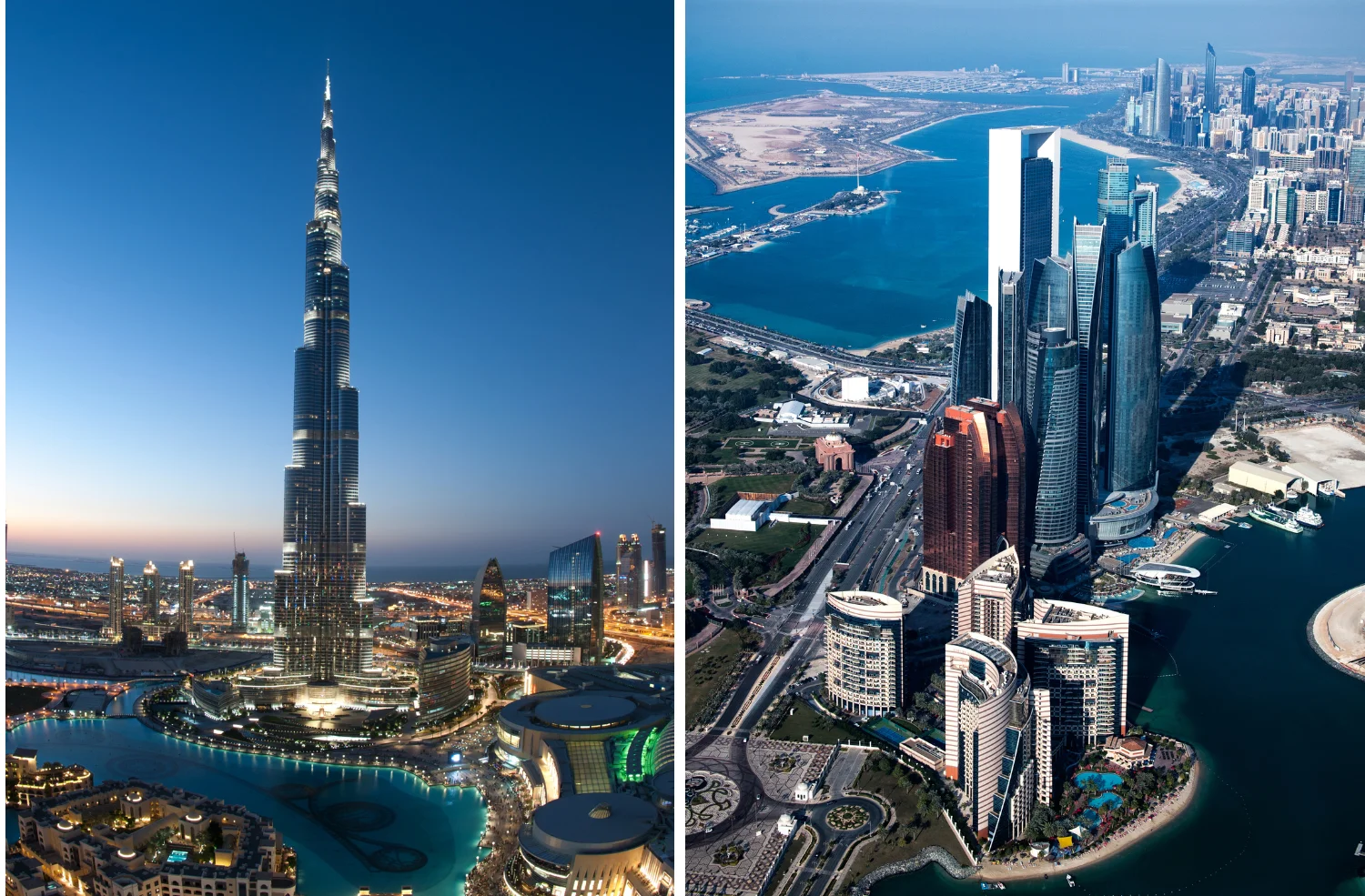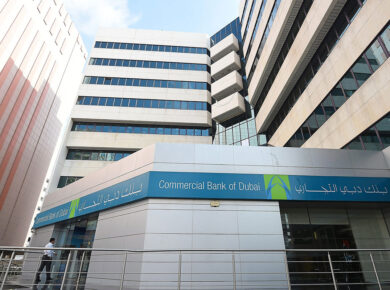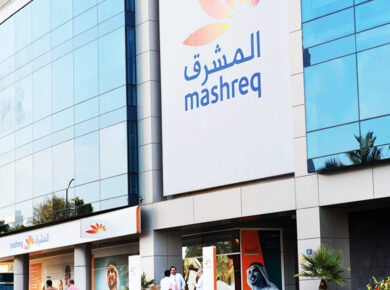Dubai and Abu Dhabi Shine as Smart City Leaders in IMD 2025 Ranking Amid Global Housing Concerns
Lausanne, Switzerland & UAE – In a notable achievement highlighting their commitment to technological advancement and urban innovation, both Dubai and Abu Dhabi have secured positions within the top 5 of the prestigious IMD Smart City Index 2025. This recognition comes at a critical juncture, as cities worldwide grapple with a burgeoning global housing crisis, underscoring the importance of smart solutions in addressing complex urban challenges.
The IMD Smart City Index, compiled by the Institute for Management Development (IMD) in collaboration with Singapore University for Technology and Design (SUTD),evaluates cities based on how well they leverage technology to improve the quality of life for their citizens. The ranking considers various aspects, including health and safety, mobility, economic activities, governance, and the environment.
Dubai and Abu Dhabi’s consistently high rankings reflect their strategic investments in cutting-edge technologies, robust digital infrastructure, and citizen-centric urban planning. These Emirates have been proactive in implementing smart solutions across various sectors, from intelligent transportation systems and efficient utilities management to advanced public safety measures and digital government services.
Dubai’s focus on becoming a global smart city hub is evident in initiatives such as its Smart Dubai platform, which aims to transform the city through technology and innovation. The implementation of AI, IoT, and big data analytics across city operations has enhanced efficiency, sustainability, and the overall living experience for residents.
Similarly, Abu Dhabi’s Smart City Strategy is driving digital transformation across government services and urban infrastructure. The Emirate’s investments in smart mobility solutions, sustainable urban development, and a connected digital ecosystem have contributed to its strong performance in the IMD index.
This recognition is particularly significant against the backdrop of a growing global housing crisis. Rapid urbanization, coupled with factors such as rising construction costs and limited land availability, have led to housing shortages and affordability challenges in many major cities worldwide.
In this context, the smart city initiatives in Dubai and Abu Dhabi offer potential pathways for addressing some of these challenges. While technology alone cannot solve the housing crisis, smart city solutions can contribute to more efficient urban planning, optimized land use, and the development of innovative and sustainable housing options.
For instance, smart city technologies can facilitate data-driven urban planning, allowing authorities to better understand housing needs and patterns. Smart construction techniques and materials can potentially reduce building costs and timelines. Furthermore, smart infrastructure management can ensure the efficient delivery of essential services to new and existing housing developments.
“The high ranking of Dubai and Abu Dhabi in the IMD Smart City Index is a testament to their forward-thinking urban development strategies,” commented Dr. Amina Khalifa, an urban development expert. “While the global housing crisis presents a complex challenge, the technological advancements and integrated urban planning evident in these smart cities offer valuable lessons for other urban centers seeking sustainable and efficient solutions.”
The continued focus on smart city development in Dubai and Abu Dhabi not only enhances the quality of life for their residents but also positions them as global leaders in urban innovation. As the world grapples with pressing urban challenges, including housing affordability, the smart solutions being implemented in these leading Emirates offer a glimpse into the potential of technology to create more sustainable, efficient, and livable cities for the future. The recognition in the IMD 2025 index underscores their progress and their potential to contribute to addressing global urban challenges.





